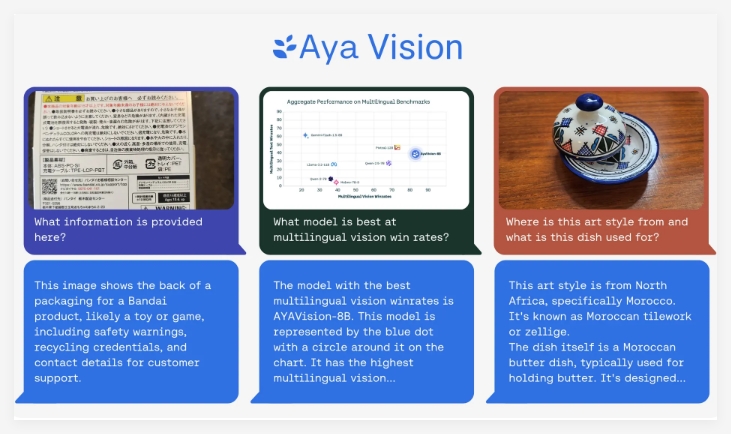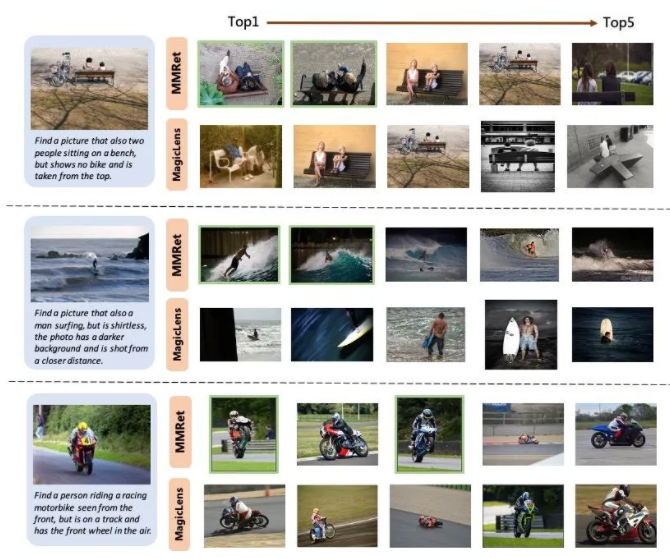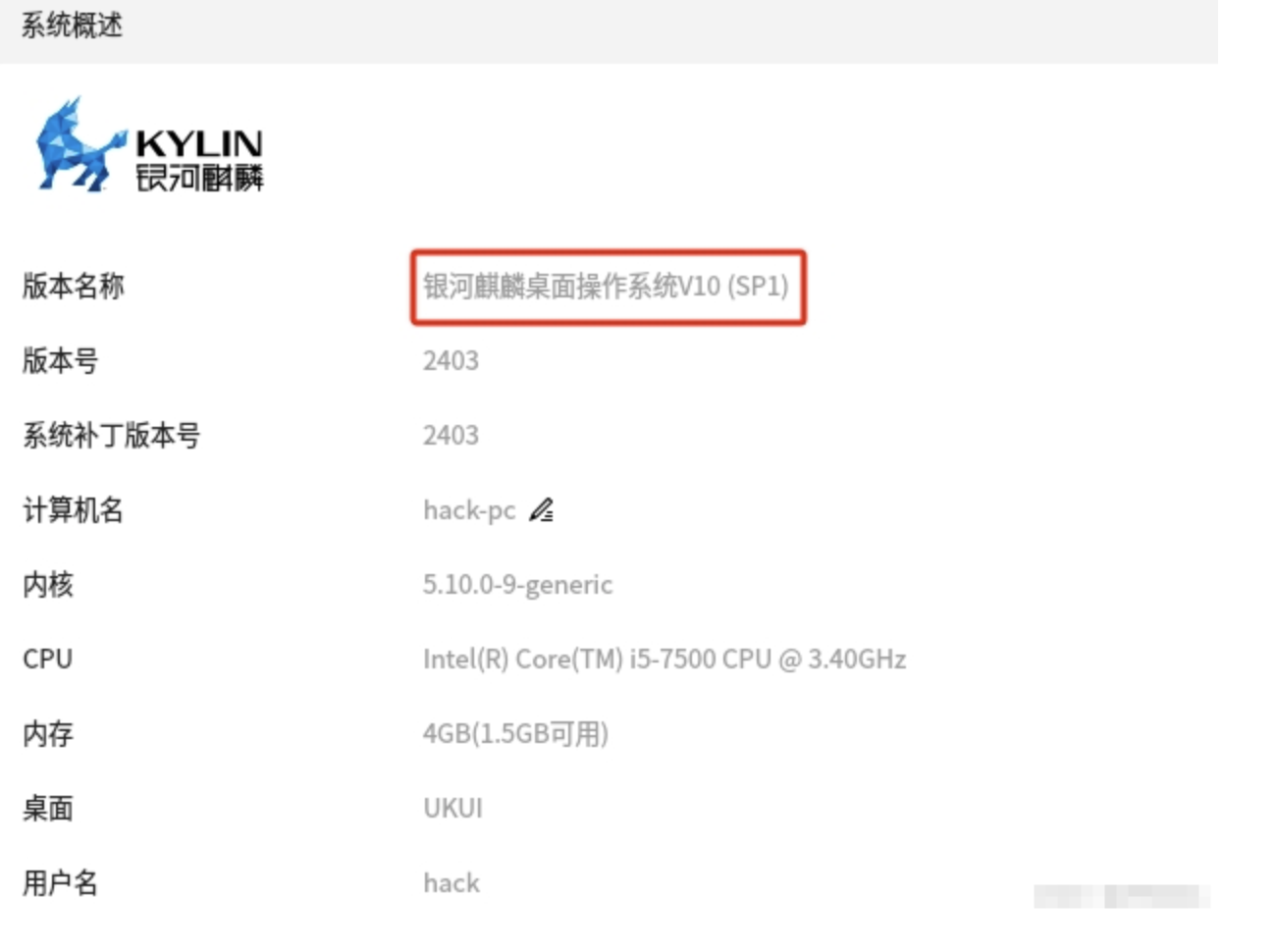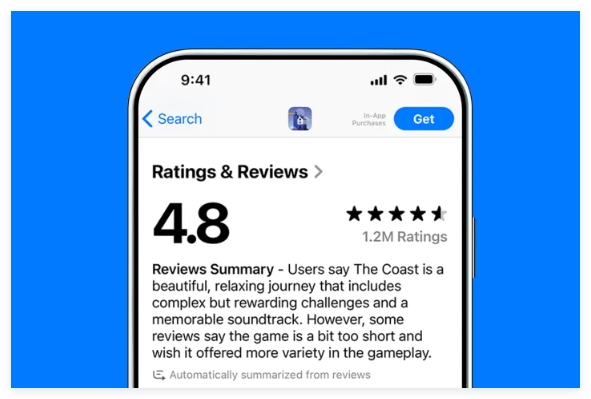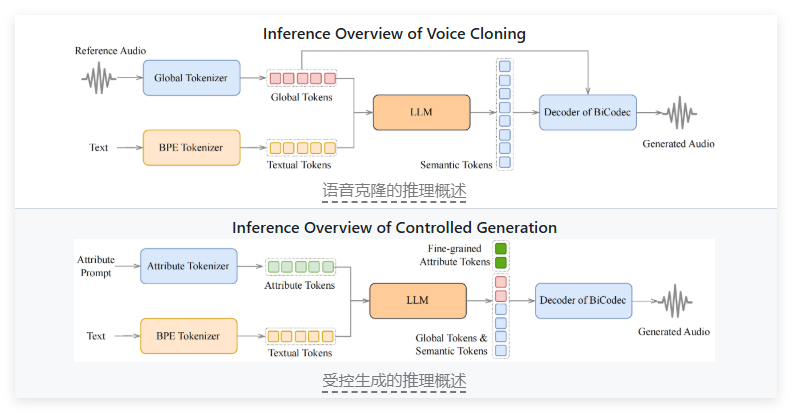Arva AI recently announced the successful completion of US$3 million in seed financing, led by Google's early investment fund Gradient. Y Combinator, Amino Capital, Olive Tree Capital and a number of well-known financial technology angel investors also participated in the financing. This milestone marks a major step forward for Arva AI in its use of generative artificial intelligence to reshape financial institutions’ commercial verification processes.

Know Your Business (KYB) verification is a vital aspect of financial compliance and is designed to prevent fraud and money laundering, among other things. However, traditional KYB methods often rely on manual review, which is not only time-consuming but also costly. As regulatory requirements become increasingly stringent, banks and fintech companies are under pressure to streamline these processes while ensuring compliance standards are not compromised.
Arva AI's platform leverages generative artificial intelligence to automate KYB tasks, turning fragmented data from registries, social media, websites and documents into actionable insights. The system's advanced fraud detection and data extraction capabilities enable financial institutions to onboard businesses in seconds, significantly improving efficiency and compliance.
Arva AI was founded in 2024 in San Francisco by Rhim Shah and Oliver Wales, and the company was recognized in the Y Combinator program’s 2024 winter batch. Shah is a former product consultant at Revolut Business, while Wales is the former principal product engineer at Seal. The founding team has extensive experience in the fields of financial technology and artificial intelligence, which plays a key role in creating Arva's innovative solutions.
“At Arva, our mission is to make commercial verification fast, accurate and seamless,” said Shah. Early users include leading fintech companies such as Canada’s Keep and the United States’ Tola, which have already enjoyed the benefits of streamlined compliance processes. benefit.
The financing will accelerate product development and expand Arva AI's market presence to meet the growing demand for automated compliance solutions. Arva’s goal is to develop a suite of AI tools that handle repetitive, low- to medium-risk compliance tasks, allowing teams to focus on complex decision-making processes.
In India, several companies have started to use artificial intelligence to automate the KYB process. Fintech company Razorpay is using AI to automate business verification for customer onboarding and streamline KYC and KYB processes. Meanwhile, Bengaluru-based Signzy is also leveraging AI for verification through its online identity verification service.
